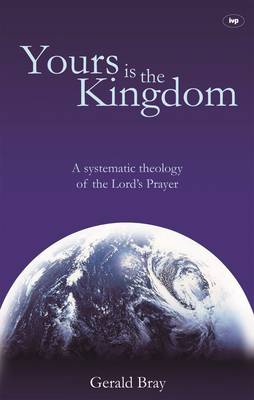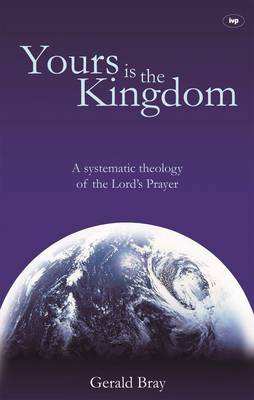
- Afhalen na 1 uur in een winkel met voorraad
- Gratis thuislevering in België vanaf € 30
- Ruim aanbod met 7 miljoen producten
- Afhalen na 1 uur in een winkel met voorraad
- Gratis thuislevering in België vanaf € 30
- Ruim aanbod met 7 miljoen producten
Zoeken
€ 20,95
+ 41 punten
Omschrijving
The Lord's Prayer is perhaps the best-known part of the Bible. Today, it is still widely taught and learned, even by people who seldom enter a church; and the familiar sixteenth-century version continues to be used, even in modern worship services. The Lord's Prayer has undoubtedly been the most widely used Christian prayer, but whether it has provided a model for other prayers is more debatable. If that is not what it is meant to be, then what is its purpose? Surprisingly, there has been very little serious reflection about this. Gerald Bray believes that a new approach to the Lord's Prayer is required if it is to regain the place in our worship which its inherent merit and the universal tradition of the church suggest that it ought to have. In his lively exploration of the Prayer, he shows how it touches on many vitally important areas of Christian theology and conduct. His hope is that we may rediscover what a treasure we have in these words of Jesus, which are on the lips and in the hearts of all Christians.
Specificaties
Betrokkenen
- Auteur(s):
- Uitgeverij:
Inhoud
- Aantal bladzijden:
- 48
- Taal:
- Engels
Eigenschappen
- Productcode (EAN):
- 9781844742097
- Verschijningsdatum:
- 21/09/2007
- Uitvoering:
- Paperback
- Formaat:
- Trade paperback (VS)
- Afmetingen:
- 138 mm x 216 mm
- Gewicht:
- 262 g

Alleen bij Standaard Boekhandel
+ 41 punten op je klantenkaart van Standaard Boekhandel
Beoordelingen
We publiceren alleen reviews die voldoen aan de voorwaarden voor reviews. Bekijk onze voorwaarden voor reviews.











